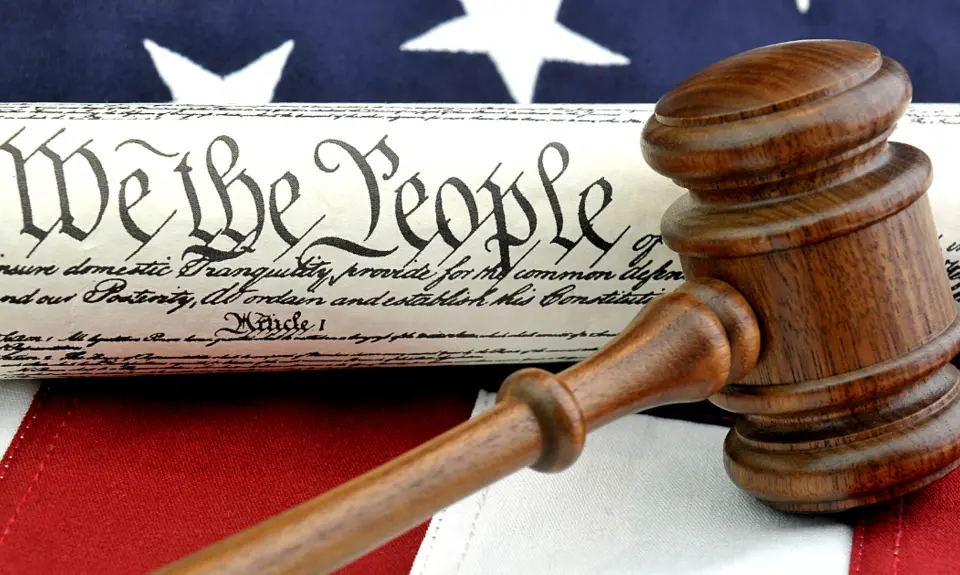“Confirmed Judges, Confirmed Fears” is a blog series documenting the harmful impact of President Trump’s judges on Americans’ rights and liberties. It includes judges nominated in both his first and second terms.
Trump Ninth Circuit judge Daniel Bress wrote a 2-1 decision holding that the state cannot require that foster parents accept and support the sexual orientation and gender identity of their foster children, reversing a district court decision to the contrary. The July 2025 ruling was in Bates v Pakseresht.
What happened in this case?
Oregon’s Department of Human Services adopted a rule requiring that prospective parents applying to adopt children must agree to respect and support each child’s “sexual orientation” and “gender identity.” Jessica Bates, who was interested in becoming a foster parent, objected to the policy based on her religious beliefs. Referring to hypothetical adopted children, she specifically stated that she objected to “using adopted children’s preferred pronouns” and to “taking them to medical appointments for gender transitions.”
The Department stated that as a result of her refusal to comply with the policy, Bates could not adopt or foster any children now in the state’s care. Bates filed a federal lawsuit and sought an injunction against the policy, but the district court refused. She appealed the case to the Ninth Circuit.
How did Trump judge Bress and the Ninth Circuit majority rule and why is it harmful?
Trump judge Bress wrote a 2-1 decision, joined by Clinton judge Michael Hawkins, that reversed the court below and directed that it enter a preliminary injunction in favor of Bates. The majority ruled that the policy triggered strict scrutiny under the First Amendment and that it violated Bates’ rights to free speech and freedom of religion.
Judge Robert Clifton, who was nominated to the Ninth Circuit by President George W Bush, firmly dissented. Based on a careful review of the record and past precedent, he explained that the policy did not trigger strict scrutiny. It had only an “incidental” impact on speech, he went on, and was clearly justified by the “compelling interest” in “protecting the health and safety of children in its legal custody.” Similarly, he wrote, the policy was “neutral and generally applicable” with respect to religion and there was no proper basis to enjoin it.
Trump judge Bress’ decision clearly harms Oregon’s interest in protecting LGBTQ+ foster children and may well have a similar impact elsewhere, especially in the Nonth Circuit, which includes Oregon, California, Alaska, Arizona, Hawaii, Idaho, Montana, Nevada, and Washington. In addition, the case illustrates the importance of our federal courts to health, welfare and justice and the significance of having fair-minded judges on the federal bench.
